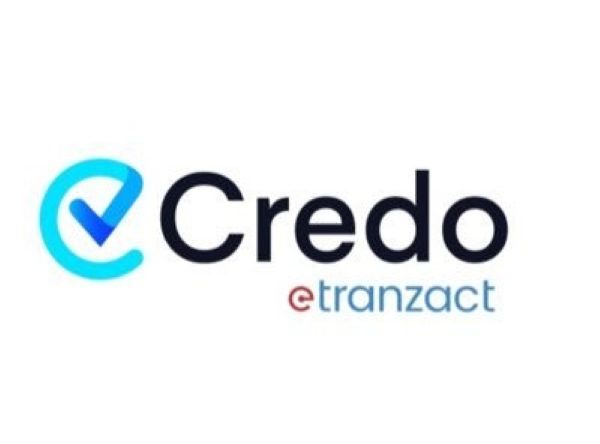eTranzact drives MSME Digital Payments Revolution with Credo

In a bold, boots-on-the-ground push to accelerate Nigeria’s digital economy, eTranzact’s Credo platform is taking its financial inclusion mission straight to the streets — this time, deep into the bustling commercial hubs of Port Harcourt, Rivers State.
As the digital payments space gets increasingly saturated with online noise, Credo is flipping the script. Instead of relying solely on digital advertising, the company launched an on-the-ground activation campaign targeting informal retail businesses in the southern business corridor. The campaign, anchored across Garrison Computer Village, Rumukalagbor Market, and Rumuomasi Market, marks a strategic pivot to face-to-face fintech evangelism — meeting traders where they trade.
From Cash to Confidence: A Digital Leap for the Grassroots
“We’re not just selling a tool; we’re building trust in the digital future of small businesses,” said Omokorede Amund, Product Marketing Manager for Credo, in a statement made available to BRANDECONOMY. “Most of the traders we engaged had never used a digital point-of-sale system or reconciliation platform before.”
That revelation is telling. Despite Nigeria’s fintech boom, the vast majority of micro, small, and medium enterprises (MSMEs) — which account for over 80% of jobs in the country — still operate in cash-heavy environments. These businesses, often locked out of formal banking, are underserved in both payment infrastructure and financial literacy.
Credo’s Port Harcourt roadshow, done in partnership with Eligbam City, sought to bridge that gap. The multi-day activation featured live demonstrations, real-time onboarding, and one-on-one support sessions. Hundreds of informal traders interacted with the Credo platform, learning how to accept online and offline payments, track sales, manage records, and get paid securely — all without needing deep technical know-how.
What Makes Credo Different? A Focus on MSMEs, Not Just Payments
Unlike legacy digital wallets or generic PoS solutions, Credo is positioning itself as an enabler of sustainable business growth for MSMEs. Amund explained that the platform goes beyond transactions — it solves real pain points:
- Daily settlements to ensure cashflow predictability.
- Transaction traceability for better bookkeeping and growth planning.
- User-centric design, making it intuitive for first-time digital users.
This hands-on approach could prove crucial in driving mass adoption of digital payment tools, especially in informal trade environments where mistrust of “digital” still lingers.
Shifting Fintech Marketing from Screens to Streets
eTranzact’s Credo activation highlights a growing trend in Nigeria’s fintech landscape — the return to physical engagement. With digital fatigue rising and customer acquisition costs through ads climbing, fintechs are rediscovering the value of personal, hyper-local experiences.
“Port Harcourt is full of hustle and innovation,” Amund said. “By showing up in the markets, we showed traders what fintech could do for them — not in theory, but in real life.”
To incentivize participation and provide immediate value, Credo added a raffle draw into the mix, rewarding participants with Wi-Fi routers, cash prizes, and business support tools.
BRANDECONOMY Insight: Why This Matters for Nigeria’s Digital Economy
The Credo campaign is more than a brand activation — it’s a case study in how fintechs can unlock the latent potential of Nigeria’s MSME ecosystem. While venture capital often chases the next big urban super app, the real digital goldmine lies in informal retail, estimated to generate trillions of naira in transactions annually but largely unbanked and untracked.
By combining product innovation with grassroots engagement, eTranzact is positioning Credo not just as a payment solution but as an empowerment engine for business owners at the base of the pyramid.
If scaled effectively across other regions, this model could help deepen Nigeria’s cashless economy, boost tax inclusion, and formalize a critical swathe of the national economy — one trader at a time.












